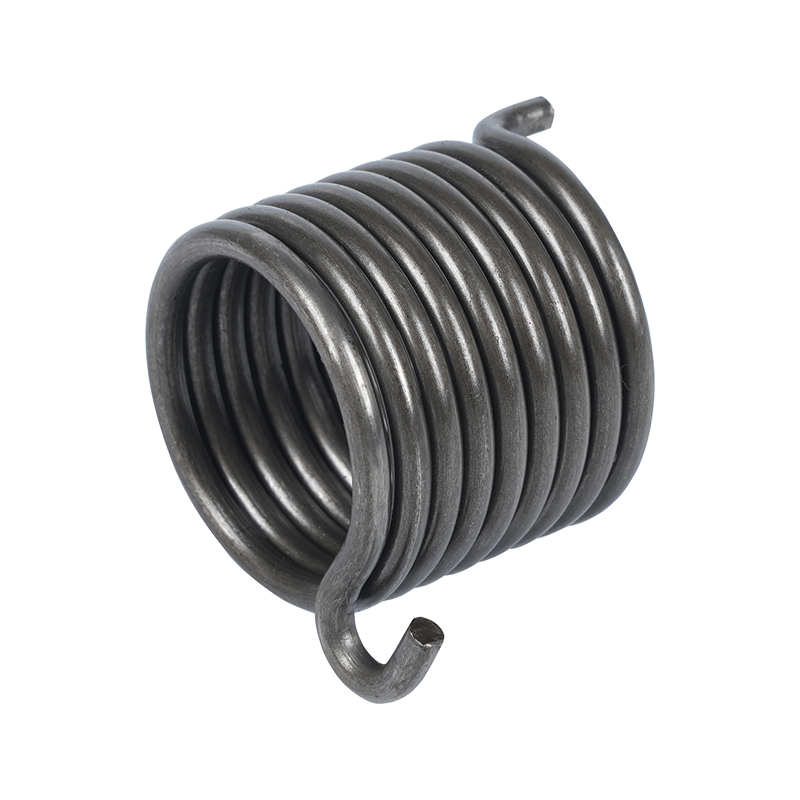Advancements In Metal Parts Processing And Custom Metal Stamping Services In The Automotive Industry
In the dynamic landscape of the automotive industry, precision and efficiency are paramount in every stage of manufacturing. Metal parts processing and custom metal stamping services play crucial roles in shaping the future of vehicle design and production. This article explores the pivotal advancements and emerging trends in these critical areas, highlighting their significance and impact.
Evolution of Metal Parts Processing
Metal parts processing encompasses a broad spectrum of techniques aimed at transforming raw metal into functional components used in automotive manufacturing. From cutting and machining to forming and assembly, each step demands precision and reliability to ensure the quality and performance of the final product.
Integration of Advanced Technologies
Recent years have witnessed a rapid integration of advanced technologies in metal parts processing. Computer Numerical Control (CNC) machining has revolutionized the industry by offering unparalleled accuracy and repeatability in component production. CNC machines precisely execute complex designs, optimizing material usage and reducing waste.
Automation and Robotics
Automation has become a cornerstone of modern metal parts processing facilities. Robotics not only enhances the speed and efficiency of manufacturing processes but also improves workplace safety and consistency in output. Automated systems handle repetitive tasks with small human intervention, allowing skilled workers to focus on higher-level operations and innovation.
Sustainable Practices
Environmental sustainability is increasingly influencing metal parts processing practices. Manufacturers are adopting eco-friendly materials and processes to less environmental impact. From energy-efficient equipment to recycling initiatives, sustainability initiatives are reshaping industry norms and contributing to a greener automotive sector.
The Role of Custom Metal Stamping Services
Custom metal stamping services are instrumental in producing intricate components that meet exacting specifications in the automotive industry. This specialized form of manufacturing involves pressing or stamping metal sheets to create parts with precise shapes and dimensions, catering to diverse applications in vehicle assembly.
Precision Engineering and Quality Assurance
Precision is non-negotiable in custom metal stamping services. Advanced stamping presses equipped with sophisticated die designs ensure consistency and accuracy in component production. Quality assurance protocols rigorously test stamped parts for durability, functionality, and adherence to industry standards, guaranteeing reliability in automotive applications.
Flexibility and Innovation
The versatility of custom metal stamping services enables manufacturers to respond swiftly to evolving design requirements and market demands. By leveraging rapid prototyping and tooling capabilities, companies can prototype and refine components efficiently, accelerating time-to-market for new vehicle models and innovations.
Cost Efficiency and Scalability
Efficient material usage and streamlined production processes contribute to the cost efficiency of custom metal stamping services. Scalability is another advantage, allowing manufacturers to ramp up production volumes without compromising quality or increasing overhead costs significantly.
Future Trends and Innovations
Looking ahead, the future of metal parts processing and custom metal stamping services in the automotive industry promises continued innovation and advancement. Emerging technologies such as additive manufacturing (3D printing) are reshaping traditional manufacturing paradigms, offering new possibilities in design complexity and material utilization.
Digital Integration and Smart Manufacturing
Digital integration through Industry 4.0 principles is transforming manufacturing operations. Smart sensors and data analytics optimize production efficiency and predictive maintenance, enhancing overall equipment effectiveness (OEE) in metal parts processing and stamping facilities.
Lightweight Materials and Hybrid Solutions
The automotive industry's shift towards lightweight materials, such as aluminum and advanced composites, presents new challenges and opportunities for metal parts processing and stamping services. Hybrid solutions combining traditional and modern techniques enable manufacturers to achieve good strength-to-weight ratios while meeting stringent performance criteria.
Global Supply Chain Dynamics
Global supply chain dynamics continue to influence metal parts processing and stamping services. Strategic partnerships and supplier collaborations are essential for securing access to raw materials and maintaining competitive pricing amid fluctuating market conditions and geopolitical uncertainties.
In conclusion, metal parts processing and custom metal stamping services are pivotal pillars of innovation and efficiency in the automotive industry. By embracing technological advancements, adhering to stringent quality standards, and fostering sustainability practices, manufacturers can navigate challenges and seize opportunities in an increasingly interconnected and competitive global market. As the automotive landscape evolves, these foundational processes will continue to drive progress and shape the future of vehicle manufacturing worldwide.


 English
English русский
русский Español
Español











